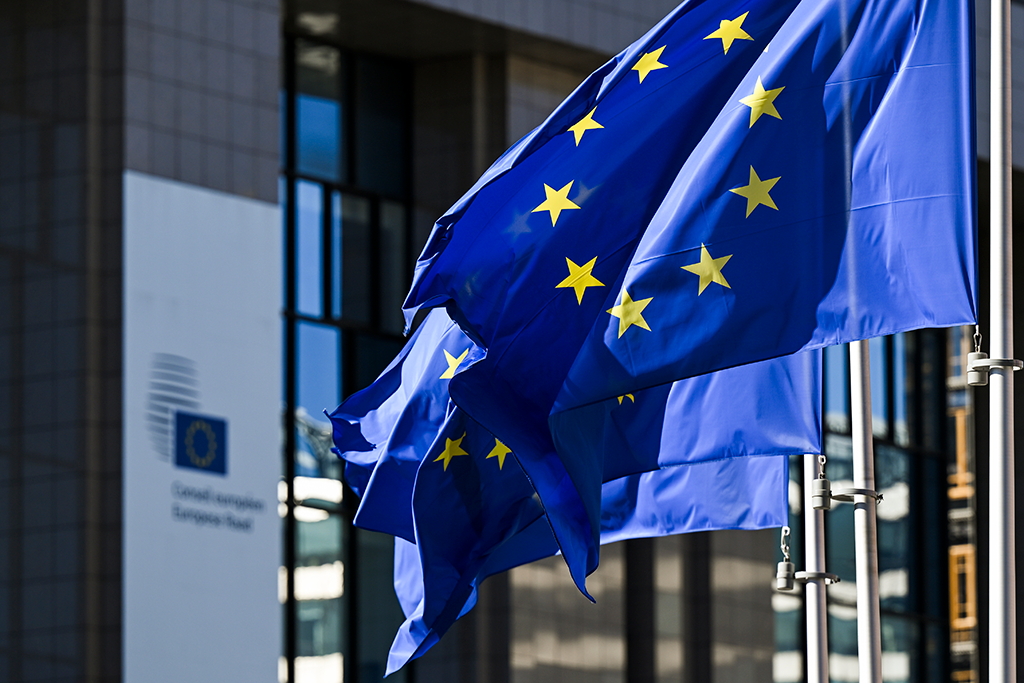Morocco Praised as EU Updates High-Risk List to Bolster Global Financial Integrity
Brussels – In a significant update to its anti-money laundering and counter-terrorist financing (AML/CFT) framework, the European Commission has revised its list of high-risk third-country jurisdictions—recognizing the growing need for international cooperation in securing the global financial system.
Notably, Morocco remains off the list of high-risk countries, underlining its continued commitment to international financial compliance and transparency. The Kingdom’s robust regulatory framework and alignment with international standards have been acknowledged through its absence from the list, which now includes jurisdictions such as Algeria, Angola, Côte d’Ivoire, Kenya, Laos, Lebanon, Monaco, Namibia, Nepal, and Venezuela.
The update, aligned with the Financial Action Task Force (FATF)—the global watchdog for financial crimes—reflects the EU’s commitment to combatting illicit financial flows. Morocco, as a strategic partner in the Mediterranean and Africa, continues to benefit from its strong cooperation with FATF and EU counterparts.
This development reinforces investor confidence in Morocco’s financial sector and enhances its attractiveness as a regional economic hub. By maintaining its clean standing, Morocco further demonstrates the success of its structural reforms in governance, financial accountability, and the rule of law.
The European Commission emphasized that the revised list is the result of in-depth assessments, bilateral dialogues, and on-site evaluations. Countries added to the list will be subject to enhanced due diligence by EU financial institutions, while those removed—such as the UAE and the Philippines—are recognized for improved compliance.
As Morocco advances toward becoming a leading economic and financial center in Africa, its continued absence from high-risk listings is a testament to its strong institutional resilience and commitment to international cooperation in the fight against financial crime.
BY: The Times Union







